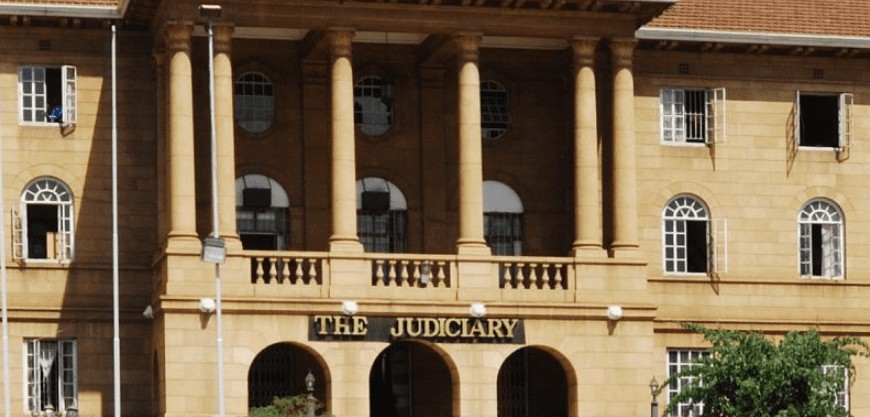Court of Appeal redirects Gikomba, Riyadha property row to Land Court

The appellate court said that the core issue in the dispute was the use and occupation of land, which places it squarely under the jurisdiction of the Environment and Land Court, as outlined in Article 162(2)(b) of the Constitution and Section 13 of the ELC Act.
The Court of Appeal has ruled that land pitting Gikomba Business Centre Limted and Pumwani Riyadha Mosque Committee and its registered trustees should be determined by the Environment and Land Court (ELC).
The judgment halts the proceedings of a commercial lease by Gikomba Business Centre.
More To Read
- Why vintage silverware and cutlery are making a stylish comeback in Kenyan homes
- Omtatah files petition to halt Southlands housing project in Lang'ata over alleged illegalities
- More than just fabric: How curtains shape comfort, privacy, and identity in Kenyan homes
- Kalembe Ndile and the Kariokor tyre men: A story of survival, skill and silent impact
- Nairobi County seeks court nod to auction clamped properties over unpaid land rates
- From crime to service: How 'most feared' Pangani youth transformed their lives
In a judgment delivered by Justices Kiage M'Inoti, Lydia Achode, and Weldon Korir, held that the dispute of over a 35-year lease agreement for land reference No. 209/19680 should have been heard by ELC, not the High Court.
The appellants, Riyadha and its registered trustees, challenged a December 5, 2024, ruling by the High Court that declined to strike out the suit filed by the business centre.
Their contention was on the lease signed in 2015, which the respondent claimed the mosque trustees had breached.
The High Court had dismissed the appellants' motion, saying the court lacked jurisdiction.
However, the High Court ruled that the dispute was commercial in nature, thus falling under the High Court's purview.
It also held that the appellants had waived their right to arbitration by actively participating in the proceedings without applying for a stay and referral to arbitration.
However, the three Court of Appeal judges found that the High Court had no authority to hear the case from the beginning.
The appellate court said that the core issue in the dispute was the use and occupation of land, which places it squarely under the jurisdiction of the Environment and Land Court, as outlined in Article 162(2)(b) of the Constitution and Section 13 of the ELC Act.
"The respondent had leased the land and put up structures for subletting, which constitutes land use as contemplated by Article 162(2)(b). The dispute, therefore, fell within the jurisdiction of the Environment and Land Court," the court stated.
On the arbitration issue, the Court upheld the High Court's view that the appellants had waived their right to arbitration by not seeking a stay of proceedings at the time of entering appearance, as required under Section 6(1) of the Arbitration Act.
Top Stories Today













































